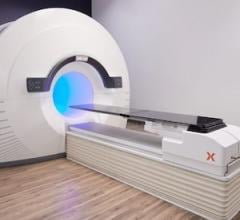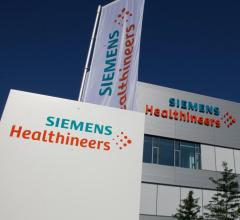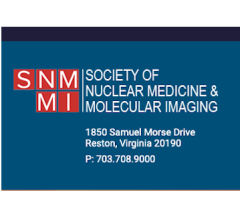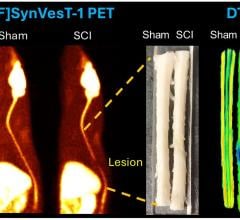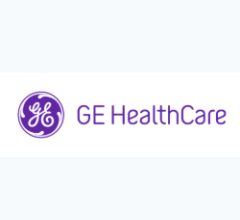November 10, 2008 - Information provided by positron emission tomography (PET) was found to affect how clinicians manage their cancer patients’ care regardless of the cancer type and reason for ordering this imaging scan, according to results from the National Oncologic PET Registry (NOPR), published online November 7, 2008, in the Journal of Nuclear Medicine.
Earlier this year, the study authors reported in the Journal of Clinical Oncology aggregate data contributed to the NOPR during year one of operation that demonstrated clinicians changed the intended care of more than one in three cancer patients as the result of PET scan findings.
After two years of operation, with nearly twice the data for analysis, the authors found the impact of PET to be strikingly consistent for a wide range of cancers and indications.
Researchers analyzed data for 40,863 PET studies performed at 1,368 facilities participating in the NOPR nationwide during the registry’s first two years of operation. The impact of PET was assessed for 18 cancer types in patients with pathologically confirmed cancer and for indication for testing that included initial cancer staging (14,365 scans), restaging (14,584 scans) or detection of suspected cancer recurrence (11,914 scans).
“For the purposes of guiding clinical practice and shaping coverage policy, it is important to determine the relative effects of PET for different cancer types and indications for testing,” said Bruce Hillner, M.D., lead author for the study and professor and eminent university scholar in the Department of Internal Medicine at Virginia Commonwealth University. “These results strongly indicate the utility of PET for managing cancer patient care across a broad spectrum of cancer types and imaging indications.”
The project is sponsored by the Academy of Molecular Imaging (AMI) and managed by the American College of Radiology (ACR) and the ACR Imaging Network (ACRIN).
For more information: www.cancerPETregistry.org


 February 13, 2026
February 13, 2026 

